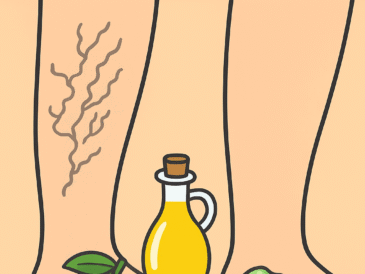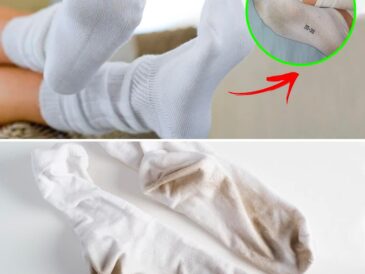It’s a topic most people don’t openly discuss, yet almost everyone has thought about it—or even done it. Peeing in the shower is one of those controversial habits that sparks both curiosity and debate. Is it gross, harmless, or perhaps even beneficial? Let’s dive into the science, facts, and surprising studies behind this everyday taboo.
1. The Hygiene Question: Is It Safe?
Urine is often thought of as dirty waste, but in reality, it’s 95% water. The remaining 5% is a mix of urea, salts, and small traces of waste products filtered by the kidneys. According to the Cleveland Clinic, urine from a healthy person is generally sterile when it leaves the body.
That means peeing in the shower is not inherently dangerous—unless you have a urinary tract infection (UTI) or certain illnesses that can introduce bacteria. In such cases, bacteria in the urine could pose a risk of spreading.
Fact: A 2014 study published in the Journal of Clinical Microbiology found that urine is not always sterile as previously believed, but the bacterial content in healthy individuals is minimal and usually harmless.
2. Environmental Benefits: Saving Water
One surprising advantage of peeing in the shower is water conservation. Flushing the toilet typically uses between 1.6 and 3 gallons (6–11 liters) of water, depending on the model. If one person pees in the shower once a day instead of flushing, they could save over 1,000 gallons of water per year.
In fact, students at the University of East Anglia (UK) once launched a campaign encouraging people to pee in the shower as a quirky yet effective way to reduce water waste.
3. The Myth of “Conditioned Bladder Reflex”
Some experts warn about a possible downside: peeing in the shower might train your brain to associate the sound of running water with the urge to urinate.
Dr. Jennifer Linehan, a urologist at the Providence St. John’s Health Center, explained that this conditioning could, in rare cases, contribute to urinary urgency (feeling the need to go when you hear water). However, this effect is more psychological than physical and doesn’t affect everyone.
4. Hygiene of the Shower Floor
Another important consideration is the shower itself. If your shower is regularly cleaned, the urine will simply wash down the drain along with the water and soap. But in a neglected shower, bacteria and fungi can thrive—urine can add to that mix and create unpleasant odors.
Pro tip: Always keep your shower floor clean to avoid buildup of bacteria, soap scum, and mold.
5. Does Urine Have Benefits for Skin or Feet?
TO CONTINUE READING THE ARTICLE PLEASE SEE PAGE 2




